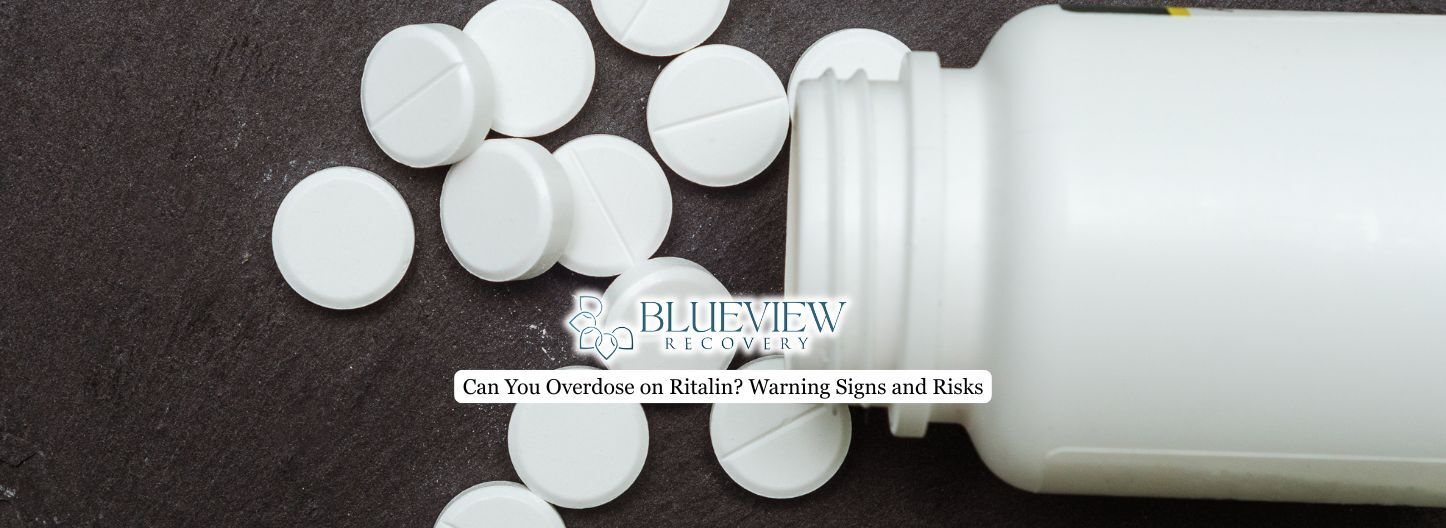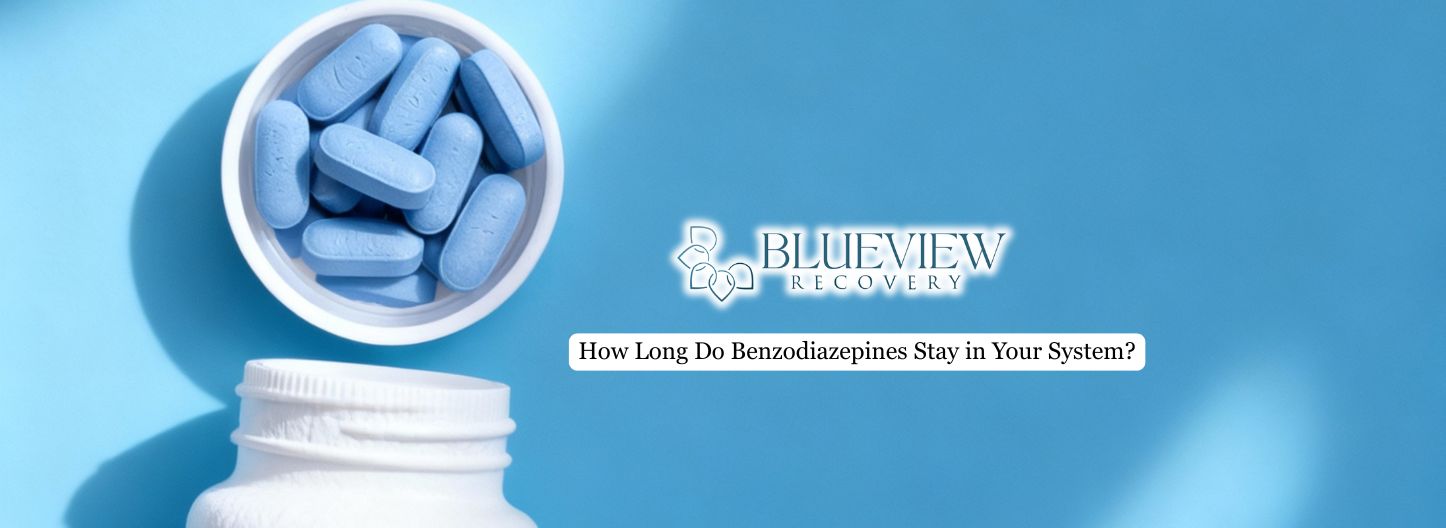Addiction recovery is a challenging and ongoing process for individuals struggling with substance use disorders. While inpatient treatment provides intensive medical and therapeutic support during the early stages of recovery, transitioning back to everyday life can be a critical and vulnerable period. This is where a sober living house plays a vital role, offering a structured, supportive environment that bridges the gap between formal treatment and independent living.
In this article, we will highlight the numerous benefits of sober living homes and how they support lasting recovery beyond inpatient care.

Building a Strong Foundation Through Structured Living
Sober living environments give residents a consistent daily routine that builds discipline and responsibility—both essential for maintaining sobriety. This structure typically includes scheduled chores, regular curfews, group meetings, and often requires participation in counseling or support groups. Following these routines helps individuals develop healthy habits and crucial life skills like time management, communication, and accountability, which are vital for successful long-term recovery.
The predictable framework reduces chaos and uncertainty while providing the stability that many people in early recovery need. This foundation promotes personal growth and empowers residents to take control of their lives, make positive decisions, and gradually transition back to independent living.
Peer Support and Shared Accountability
Residents interact with individuals pursuing comparable recovery goals, which addresses the isolation commonly associated with addiction recovery. This peer support functions as an important resource during challenging periods.
Weekly house meetings provide a structured forum for residents to discuss progress and address concerns. Residents maintain accountability not only to themselves but also to other house members regarding adherence to house rules and sobriety requirements. This mutual accountability system reinforces recovery commitments across the resident community.
Developing Essential Life Skills and Healthy Routines
Residents learn budgeting and financial management through participation in household expenses and personal finance tracking.
Daily responsibilities, including chores and house meetings, establish routines that support accountability. Requirements typically include maintaining schedules, attending recovery meetings, and participating in communal activities that involve cooperation with others.
These structured environments provide settings to practice stress management techniques and develop coping mechanisms relevant to sustained sobriety. Regular interactions with housemates can improve communication and conflict resolution skills.
The stable environment offers conditions for rebuilding trust and addressing relationships while balancing personal autonomy with communal living requirements.
Creating Distance from Triggers and High-Risk Environments
Many individuals facing substance abuse find that their previous surroundings—whether social circles, locations, or daily routines—often contain reminders or opportunities to use drugs and alcohol, which can jeopardize their progress. Sober living provides a safe and supportive environment for individuals to physically and emotionally separate themselves from these detrimental influences.
By removing access to substances and limiting exposure to stressful or tempting situations, sober living helps residents focus on healing and building healthier patterns of behavior. This protective distance makes it easier to develop coping strategies and reinforces commitment to sobriety, establishing a solid foundation for long-term recovery.

Affordable Housing that Supports Recovery Goals
After completing a recovery program, many individuals face challenges securing stable and safe living situations that align with their newfound commitment to sobriety. Sober living homes offer cost-effective housing options designed specifically to support the recovery process. These environments provide more than just a place to live, as they create a structured, substance-free setting where residents can continue to practice the skills learned during treatment.
Affordable sober living arrangements help reduce the financial stress that can often trigger relapse, allowing individuals to focus fully on their recovery goals. This stability enables residents to maintain employment, attend support meetings, and develop the social connections that are essential for sustained recovery.
Gradual Transition to Independent Living
Moving directly from a highly structured residential treatment rehab to complete independence can be overwhelming and increase vulnerability to triggers and risk of relapse. Sober living provides a supportive bridge by offering residents a stable, substance-free environment where they can continue to practice a sober lifestyle while slowly taking on more responsibility. This step-by-step approach allows individuals to rebuild essential life skills, strengthen coping mechanisms, and establish routines that promote long-term recovery.
The structured support and accountability in sober living help reinforce healthy behaviors and decision-making, making it easier to face real-world challenges without reverting to substance use.
Professional Resources and Ongoing Recovery Support
These facilities typically offer access to clinical support services, including therapy and counseling tailored to substance use disorders. Staff members are available around the clock to provide assistance during challenging situations.
Recovery support in these settings includes participation in mutual aid groups where residents share experiences with others in similar circumstances. Many sober housing environments actively connect residents with valuable recovery resources such as Alcoholics Anonymous (AA) meetings, counseling services, and aftercare programs. These resources complement the foundational work done in treatment centers by providing continuous guidance, peer support, and accountability beyond the initial phases of rehab.
Regular drug screenings are standard practice to maintain accountability within the community.
Many facilities also offer workshops covering practical skills such as budgeting, job searching, and daily living management. These resources aim to prepare residents for eventual transition to independent living situations.
Final Thoughts from Blueview Recovery
Sober living offers a vital bridge between the structured care of a drug and alcohol addiction treatment program and the challenges of everyday life. For individuals enrolled in an outpatient program, sober living provides the supportive, substance-free environment necessary to apply the skills learned in treatment while gradually gaining independence.
At Blueview Recovery, we understand that successful recovery extends beyond therapy sessions—it requires a community and living situation that fosters accountability, growth, and sustained sobriety. By connecting clients with carefully selected sober living options in Philadelphia, Pennsylvania, Blueview Recovery ensures that your recovery journey is supported at every stage.





